Beijing is currently battling a record-breaking cold wave for that has been active for almost two weeks. It has not been this cold for this long since 1951. The period of the past two weeks has been shiveringly cold in the eastern part of the world. A sweeping cold front that engulfed most of China caused nearly two weeks of sub-zero Celsius temperatures. As a result, it puts an extreme inconvenience to its citizens, and movement of the day-to-day life has been greatly reduced.
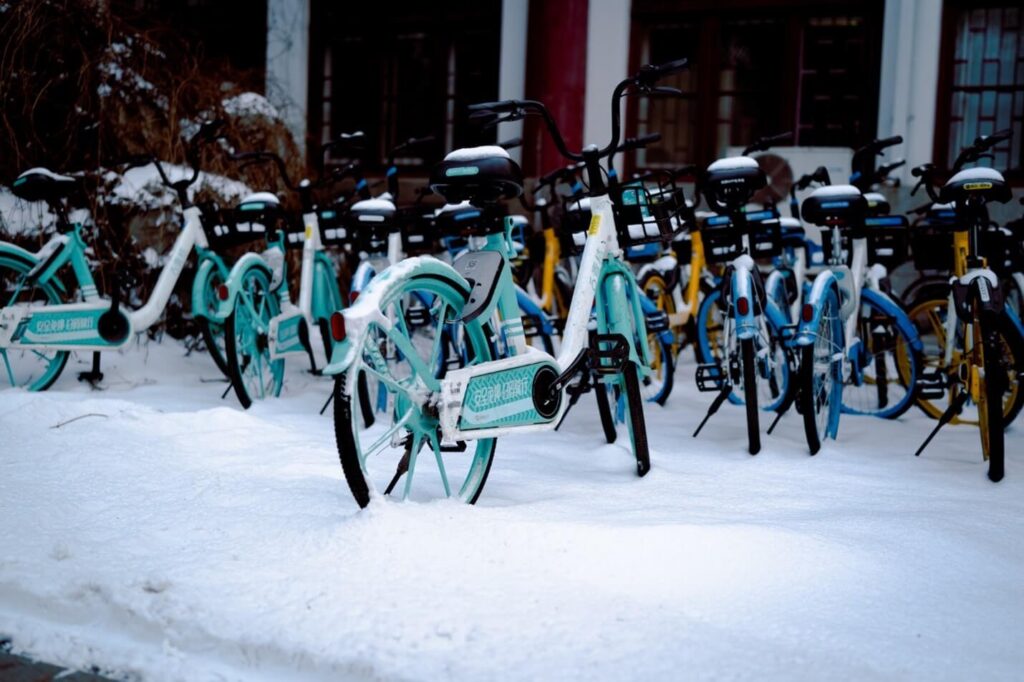
Beijing saw a relentless freeze that sent chills down the spines of its citizens as temperatures dropped and snowfall covered the city. The prolonged cold snap tested the city infrastructure’s ability to retain heat as well as the patience of its citizens. The winter storm spared no effort, causing problems such as frozen water pipes and hiccups in public transportation.
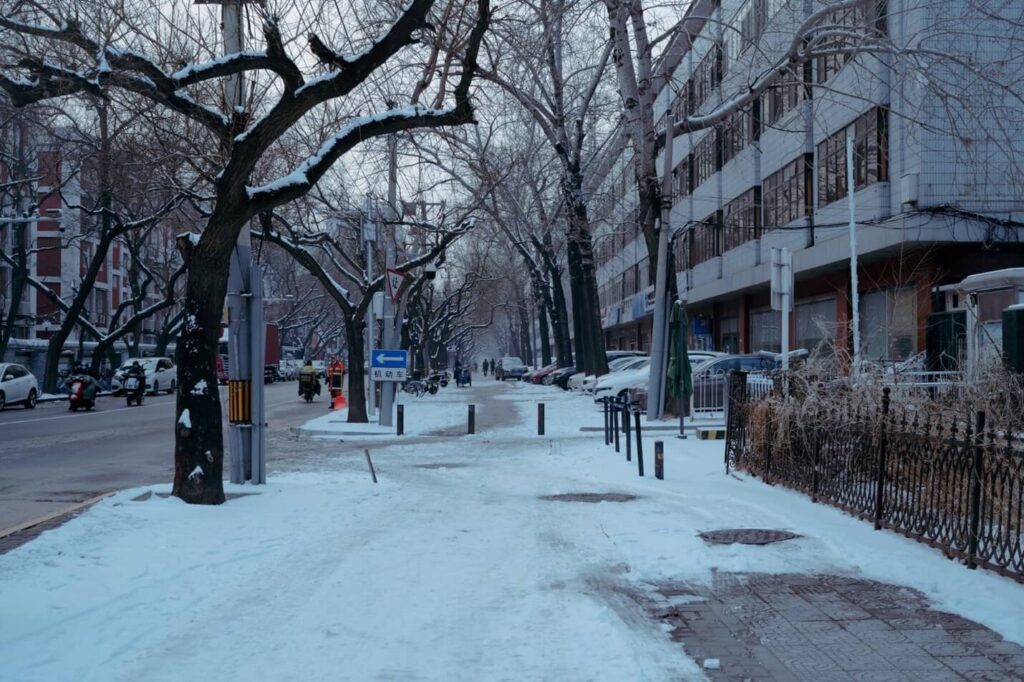
Beyond Beijing, the cold wave covered most of China in a frozen pall. However, there is a ray of hope even as the nation is trapped in the grip of the bitter cold. According to weather reports, a wave of warmer air is expected to move from north to south, providing a break from the unrelenting freezing that has engulfed the nation.
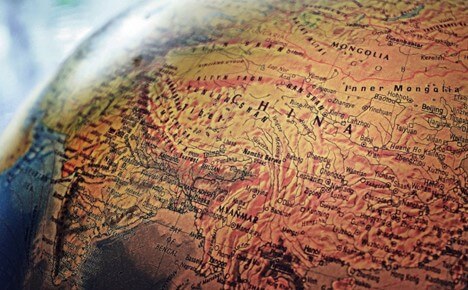
After a relentless sub-zero siege that lasted for more than 300 hours, temperatures in Beijing, the epicenter of this winter’s ordeal, finally crept above zero degrees Celsius (32 F). The unrelenting cold put the city’s fortitude to the test, as did the difficulties it presented for vital services.
The severe weather had an impact on millions of people who depended on the city’s metro system for their daily needs. Hundreds of people were hurt when two trains on a busy metro line collided earlier this month during a snowy episode. Numerous individuals suffering from broken bones due to falls were brought to medical facilities, underscoring the perilous interaction between urban infrastructure and winter conditions.
Beijing’s transportation authority was forced to deal with the fallout, stressing the importance of increased safety precautions in inclement weather. The train collision incident highlighted how vulnerable a city facing an unprecedented cold wave is, as well as how important it is to have reliable, weatherproof public transportation.
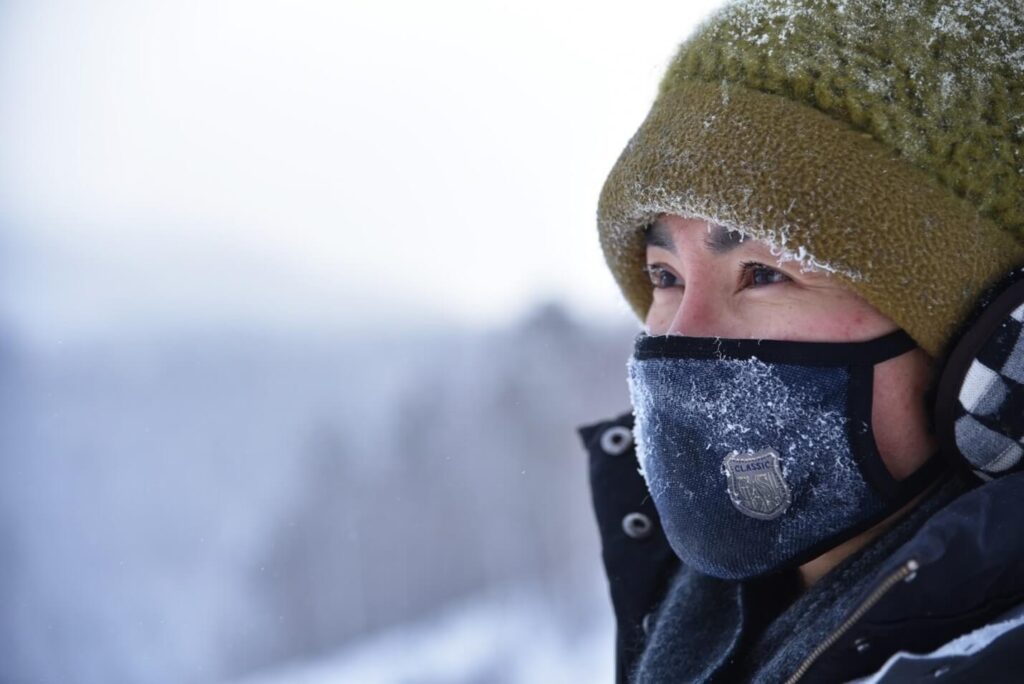
Not only did the extremely low temperatures cause chaos for city dwellers, but they also made it difficult to carry out crucial rescue operations following a fatal earthquake in Gansu province’s northwest. While roads and public transportation were disrupted by snow and ice accumulation, power lines and water pipes experienced problems due to the freezing temperatures. The harsh winter weather was a sobering reminder of the complex issues faced by areas not used to such extreme temperatures.
Cities like Puyang and Pingdingshan are faced with the difficult choice of lowering heating in the majority of government buildings. Moreover, they also reduced the heat in state-owned enterprises in an attempt to manage scarce heating resources. Prioritizing heating for important buildings like homes, schools, and hospitals was the goal of the action. These actions highlighted the careful balancing act cities have to perform when faced with severe weather, protecting citizens’ safety while allocating limited resources.
Beijing and its citizens are left to consider the difficulties encountered and lessons learned as the city emerges from the depths of its longest cold wave in more than 70 years. In addition to trying people’s resolve, the experience has brought up significant issues regarding how resilient and adaptive urban infrastructure is to shifting climatic patterns.
Final Words
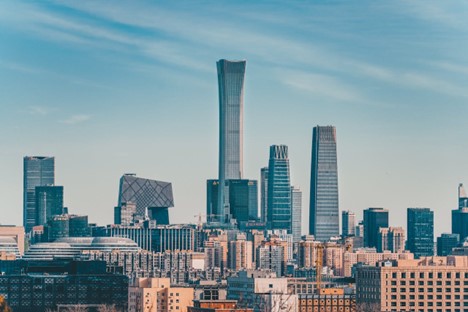
Relief will soon arrive in the form of warmer weather, but the memories of this record-breaking cold wave will last well beyond the thaw. Beijing’s experience should serve as a lesson to cities around the globe, encouraging them to strengthen their infrastructure, improve safety protocols, and be ready for the unexpected. This record-breaking cold wave is a persistent sign of climate change. Cities that experienced the harshest cold wave got hit with sub-zero Celsius temperatures. In places like Henan, the temperature dropped down to minus 15 degrees Celsius (5 F). Other parts of Beijing are also extremely cold and will continue to be so for the rest of the month. The people of Beijing should be prepared to navigate the increasingly unpredictable terrain of extreme weather conditions.
